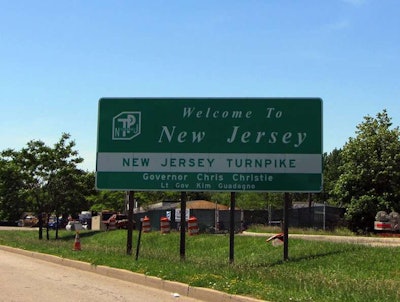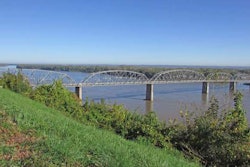
The university conducted the study as part of a program aimed at the “aggregate costs” that are connected to roads and bridges under NJDOT jurisdiction. The next study of the program will look at toll road authority expenditures related to roadway and bridge projects.
“The New Jersey Department of Transportation is committed to providing a modern, safe, and reliable transportation system throughout the state in the most effective manner possible,” NJDOT Acting Commissioner Richard T. Hammer says. “The study is part of an on-going effort to identify those factors that drive costs in New Jersey’s public transportation sector.”
Rutgers found the majority of total transportation-related expenses, 60 percent, are not directly tied the planning, construction, operation or maintenance of NJDOT’s roads and bridges. This large chunk is made up of debt services on transportation bonds, local road project funding, aviation, maritime and rail freight funding and NJ TRANSIT costs.
However, the report points out the expenditures “contribute to providing a comprehensive and safe transportation system throughout the state.”
“The Rutgers study stands in stark contrast to a recent report that grossly over-reported New Jersey’s highway costs at $2 million per mile,” Hammer says. He added that more analysis is needed to drill down to the actual costs of highway projects because the entire debt service amount on transportation bonds is used in calculating lane mile costs.
However, the study shows $1.5 billion is spent on highway expenses each year, and about 60 percent of that amount is for construction work, while less than four percent is on administration, planning and research. The rest is for maintenance and other operations.
“The facts of this study not only demonstrate the Department’s responsible stewardship of taxpayer dollars,” Hammer says. “But also will allow NJDOT to single out cost driver outliers, which will in turn provide the Department the ability to target future efficiency efforts.”








